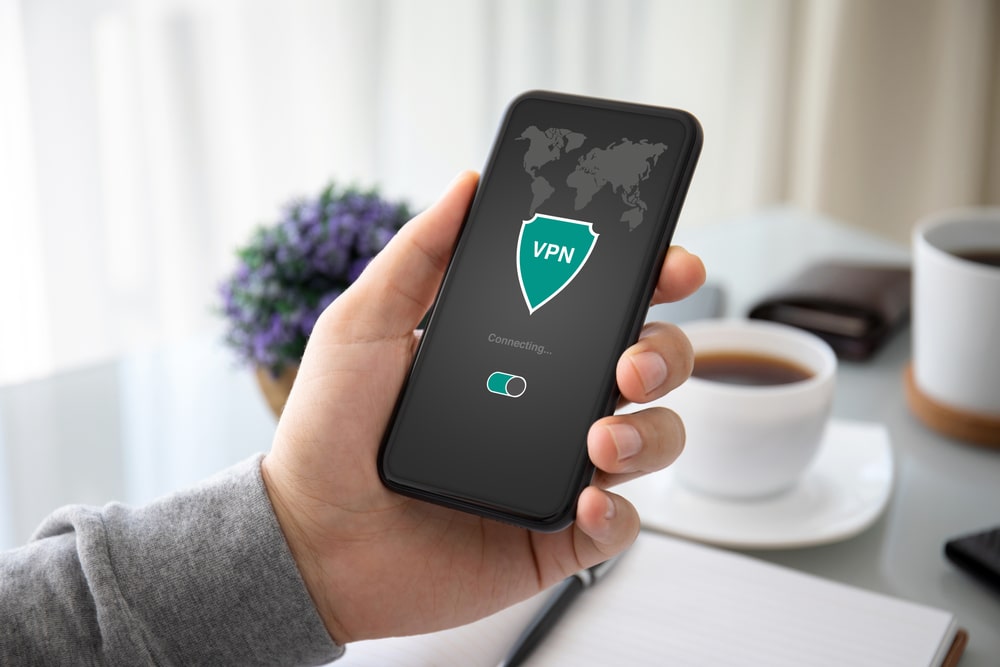Hi and good morning all!
I am a newly created IT Tech, and since discovering my ISP has been logging my internet traffic I've been putting all sorts of defenses on my host computer for fun and experiment. To better my knowledge of security, I want to know the best overall internet privacy for SOHO environments, where should we place our attention? Anti-Malware? VPNs? Host/Router Firewalls? IDS???
I'm curious since most privacy applications all offer similar options and I don't know if having a variety of software is necessary. Here's what I've done so far to build my defenses
Downloaded:
Glasswire, Bitdefender Total Security, Avast Secure Browser, ProtonVPN, CCleaner, AdGuard (host application)
Actions took:
Disabled IPv6 completely (registry, NIC, outgoing ports within Defender); Disabled Outgoing ports 50000-52000 (suspected ISP monitoring); Switched DNS to CloudFlare
Does using a VPN service cover all privacy bases? What does a secure browser do different that a VPN can't or a customized Firefox? Does having IPv6 enabled affect vulnerability? Is blocking 2,000 outgoing ports unnecessary? I'm new to the Tech industry so I'd love to know what more seasoned people thought. Thanks
I am a newly created IT Tech, and since discovering my ISP has been logging my internet traffic I've been putting all sorts of defenses on my host computer for fun and experiment. To better my knowledge of security, I want to know the best overall internet privacy for SOHO environments, where should we place our attention? Anti-Malware? VPNs? Host/Router Firewalls? IDS???
I'm curious since most privacy applications all offer similar options and I don't know if having a variety of software is necessary. Here's what I've done so far to build my defenses
Downloaded:
Glasswire, Bitdefender Total Security, Avast Secure Browser, ProtonVPN, CCleaner, AdGuard (host application)
Actions took:
Disabled IPv6 completely (registry, NIC, outgoing ports within Defender); Disabled Outgoing ports 50000-52000 (suspected ISP monitoring); Switched DNS to CloudFlare
Does using a VPN service cover all privacy bases? What does a secure browser do different that a VPN can't or a customized Firefox? Does having IPv6 enabled affect vulnerability? Is blocking 2,000 outgoing ports unnecessary? I'm new to the Tech industry so I'd love to know what more seasoned people thought. Thanks



